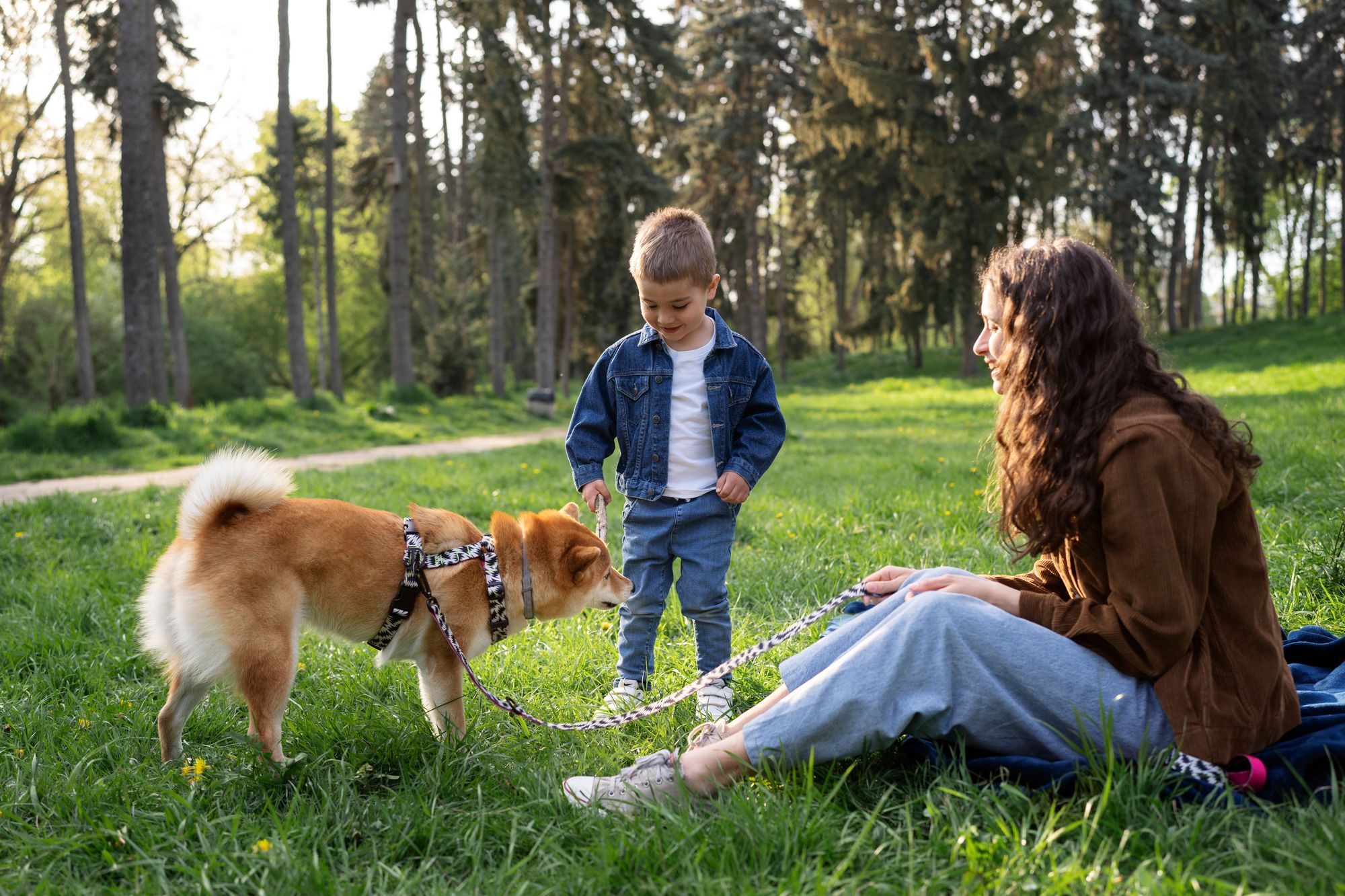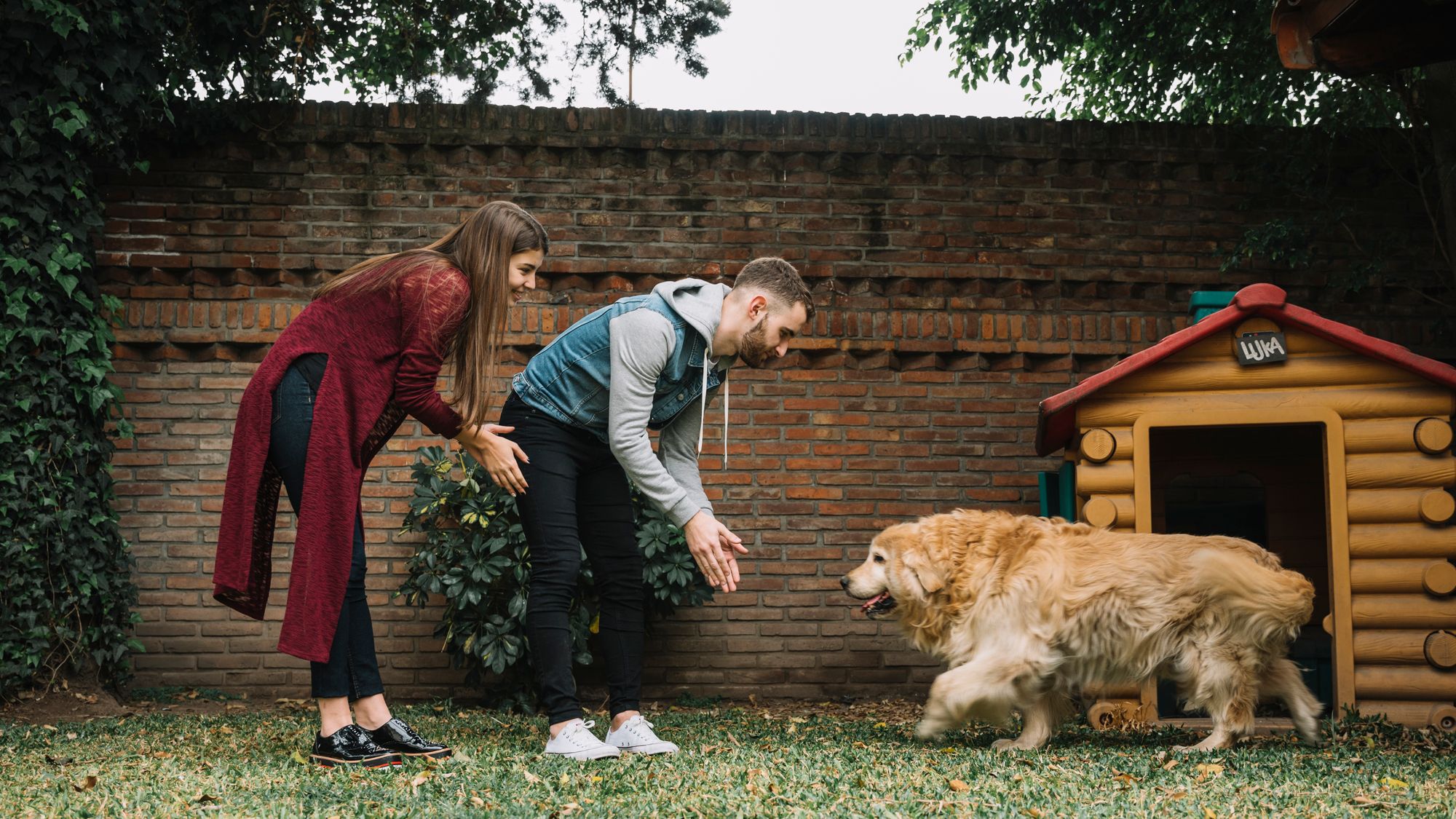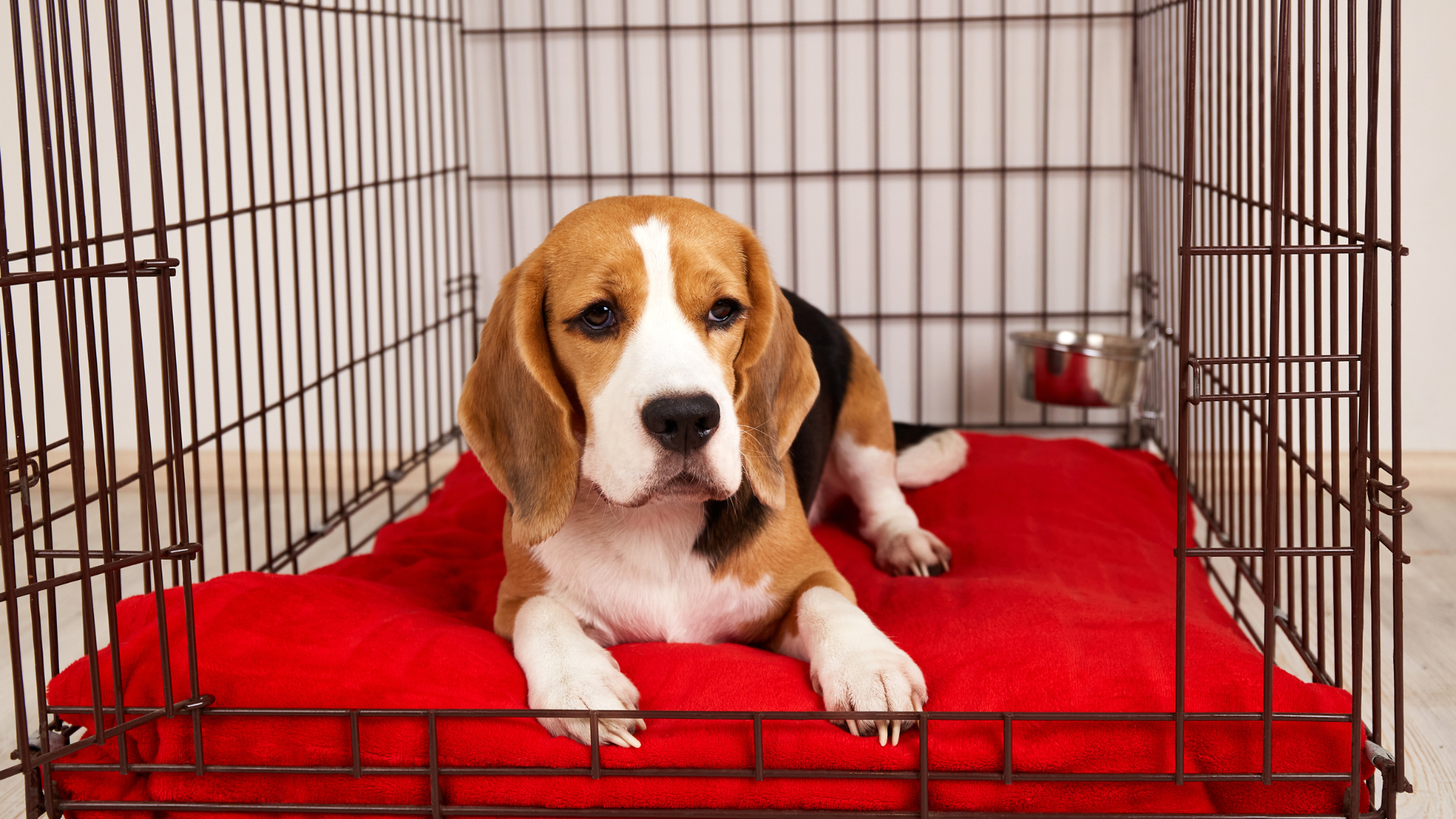If you often find yourself asking, "Why does my dog run away from me?" you're certainly not alone. This is a common concern among dog owners around the globe. It can be quite frustrating, but it's crucial to understand that your furry companion isn't doing this to upset you. Dogs have their reasons for such behaviors, and it's our job as responsible pet parents to decipher them. Let's dive into the complex world of canine psychology to understand what prompts this dog runaway behavior.

Unraveling Dog Runaway Behavior
The first step in managing your dog's runaway habit is understanding why it's happening. Dogs are instinctively explorative and curious, so they might just be following their nose or chasing after something interesting. However, other underlying factors may also contribute to their escape tendencies.
Excitement and Curiosity
Your dog might run away simply because it's excited or curious. Dogs are full of energy and are naturally inquisitive creatures. They love exploring their surroundings, especially when there are enticing scents or small animals around.
Lack of Training
An improperly trained dog is more likely to run away. Obedience training is an essential part of dog ownership. Dogs need to learn commands like "stay", "sit", "come", which can help curb their runaway behavior.
Fear and Anxiety
Dogs might run away due to fear or anxiety. This can be triggered by loud noises, unfamiliar environments, or traumatic experiences. Dogs suffering from separation anxiety may also attempt to escape when left alone.
Boredom
Dogs are active and intelligent creatures who need regular exercise and mental stimulation. If they are left alone for too long without any form of entertainment or activity, they might run away out of boredom.
Preventing Dog Escaping: Effective Strategies
Now that we understand the possible reasons behind your dog's desire to escape, it's time to explore some preventive strategies.
Regular Exercise
Regular exercise not only keeps your dog healthy but also helps burn off excess energy, reducing the urge to run away. Try to establish a daily routine involving walks, playtime, and other physical activities.
Training and Socialization
Proper training is crucial for curbing your dog's runaway habits. Invest time in obedience training and also consider professional help if needed. Similarly, socialization can help your dog become more comfortable in different environments, reducing fear-driven escapes.
Mental Stimulation
Engage your dog's mind with puzzle toys, training exercises, and interactive games. This can help reduce boredom and make your dog less likely to run away.
Creating a Safe and Comfortable Environment
Your dog's environment plays a huge role in its behavior. Make sure your home is a safe, comfortable place where your dog feels secure. If your dog is scared of loud noises, create a quiet, soothing space for it.

Secure Your Home
To prevent your dog from escaping, secure your home with fences or barriers. Ensure that the fences are high enough and have no gaps through which your dog can escape.
Building a Bond to Prevent Running Away
One of the most powerful ways to prevent your dog from running away is to build a strong bond with them. Dogs are pack animals, and they crave companionship. The stronger your bond, the less likely your dog is to want to run away. Spending quality time together, regular grooming, training sessions, and playtime can all help in establishing this bond.
Quality Time
Spending quality time with your dog is essential. This could be anything from watching TV together, cuddling, or simply hanging out in the same room. It reassures your dog that they are part of your pack and helps foster a sense of belonging.
Regular Grooming
Regular grooming sessions can also help build a stronger bond with your dog. Brushing your dog’s fur not only keeps it clean but is also a great way to show affection. Most dogs enjoy being groomed, which makes it an excellent bonding opportunity.
Training Sessions
Training sessions offer an opportunity for mental stimulation and instill discipline in your dog. More importantly, they serve as a platform for communication and mutual understanding, strengthening the bond between you and your dog.
Playtime
Never underestimate the power of play. Playtime is a stress-buster for dogs, and it helps to drain their pent-up energy. It is also a fantastic way to interact with your dog and reinforce the bond.
Behavioral Changes and Runaway Tendencies
As we have discussed, understanding the reasons behind your dog's runaway tendencies can significantly help in preventing such incidents. However, it is also important to recognize that changes in behavior can also indicate health issues.
Changes in your dog's normal behavior, such as increased escape attempts, can be a sign of discomfort or illness. Dogs can't tell us when they're feeling unwell, and behavioral changes are often the first sign that something might be wrong.
Increased Restlessness
If your previously calm dog suddenly seems restless or anxious and tries to run away, it could be because they are in pain or discomfort. They might be trying to find a quiet, secluded place where they can deal with their discomfort.
Changes in Eating Habits
Dogs might try to run away if they're feeling nauseous. Changes in their eating habits combined with increased runaway attempts can be a sign that your dog isn't feeling well.
Increased Aggression
Increased aggression can also be a sign of a health problem. If your normally friendly dog starts showing signs of aggression and tries to escape, it might be time to visit the vet.
Vet Visits and Runaway Behavior
If you notice sudden changes in your dog's behavior, it's a good idea to consult with a vet. A comprehensive health check-up can reveal if your dog is dealing with any health issues that might be causing them to run away.
While it might seem like a simple case of a dog being a dog, increased runaway attempts, especially when combined with other behavioral changes, should not be ignored. Always pay close attention to your dog's behavior.
Dogs are incredible creatures, capable of forming deep bonds with their human companions. As responsible dog owners, it's our duty to provide them with a safe and secure environment. Understanding why your dog might run away and taking preventive measures is part of this duty.
At the end of the day, every dog is unique. What works for one might not work for another. It's all about understanding your dog's needs and adapting to them. Remember, a happy, healthy, and secure dog is less likely to run away. And that's our ultimate goal. Keep learning, keep observing, and keep loving your dog. They're worth it!

More Insights Into Dog Behavior: Beyond Runaway Tendencies
Understanding your dog goes far beyond just addressing their runaway behavior. As pet parents, we must dive deeper into the world of canine psychology to ensure we're providing the best care possible.
Understanding Body Language
Dogs communicate largely through body language. By learning to understand these subtle cues, you can significantly improve your relationship with your dog. For example, a wagging tail might not always mean a happy dog; it can also indicate fear, insecurity, or even aggression.
The Importance of Routine
Just like humans, dogs thrive on routine. Regular feeding times, walks, and play sessions can provide a sense of security and reduce anxiety, further preventing the desire to run away.
Positive Reinforcement Training
Positive reinforcement training is a method that rewards desired behavior, which can be very effective. Whether you're training basic commands or trying to curb bad habits like running away, positive reinforcement can lead to quicker, more lasting results.
Advanced Strategies: Expert Consultation and Professional Training
If, despite your best efforts, your dog continues to show runaway behavior, don't hesitate to seek professional help.
Consulting a Veterinarian
It's always a good idea to discuss behavioral issues with your vet. As mentioned earlier, increased runaway tendencies can be an indication of health problems.
Hiring a Professional Dog Trainer
Professional dog trainers are equipped with knowledge, techniques, and experience to manage a range of behavioral issues, including runaway behavior. They can provide personalized training programs based on your dog's specific needs and traits.

Working with a Canine Behaviorist
For persistent and complex behavioral issues, consulting a canine behaviorist might be necessary. Canine behaviorists can delve deeper into your dog's behavior and provide comprehensive solutions.
Nurturing the Human-Dog Bond: A Lifelong Journey
Your relationship with your dog is a lifelong journey of companionship, love, and mutual understanding. Every challenge, like dealing with runaway behavior, is an opportunity to understand your pet better and to strengthen your bond.
Being a responsible dog owner means being proactive, patient, and empathetic to your dog's needs. And as you navigate this journey, remember that the love and loyalty of a dog are among the most genuine feelings in the world. Value it, reciprocate it, and cherish every moment of this beautiful journey.
The Role of a Fi Dog Collar in Fostering this Bond
Fi dog collars are not just tools for tracking your dog or preventing them from running away. They are also aids in helping you build a better bond with your pet.
The activity tracking feature on the Fi collar allows you to monitor your dog's daily exercise levels. It can tell you if your dog is getting enough exercise or if it's time to throw around the Frisbee a bit more.
In addition to this, the Fi app provides a platform where you can set fitness goals for your pet. You can use this feature to spend more active, quality time with your dog, leading to a stronger bond.
Wrapping Up
In conclusion, dogs run away for various reasons - curiosity, fear, lack of training, or simply because they are bored. Understanding these reasons is the first step in curbing this behavior. Regular exercise, proper training, mental stimulation, and creating a safe environment for your dog can help prevent them from running away.
A stronger bond between you and your dog also reduces the likelihood of them wanting to escape. And this is where the Fi dog collar can be an invaluable tool. It not only aids in tracking your dog and preventing escapes but also assists in strengthening the bond through active and quality time spent together.
So if you are struggling with your dog's runaway behavior, remember to remain patient, provide them with the care they need, and consider investing in a Fi dog collar. It just might be the solution you are looking for. Remember, a safer dog is a happier dog, and a happier dog makes for a happier pet parent!

